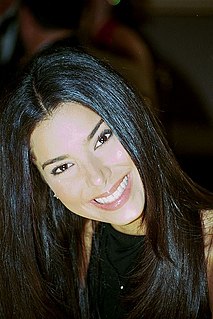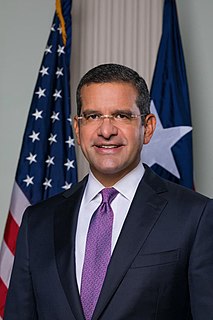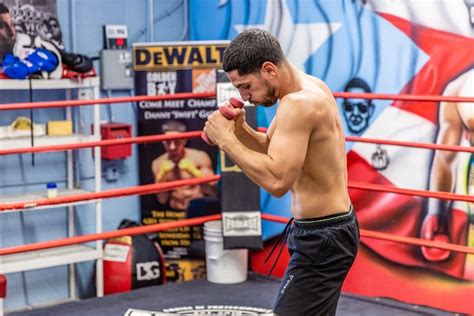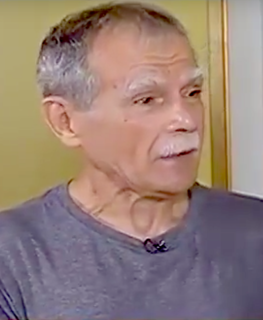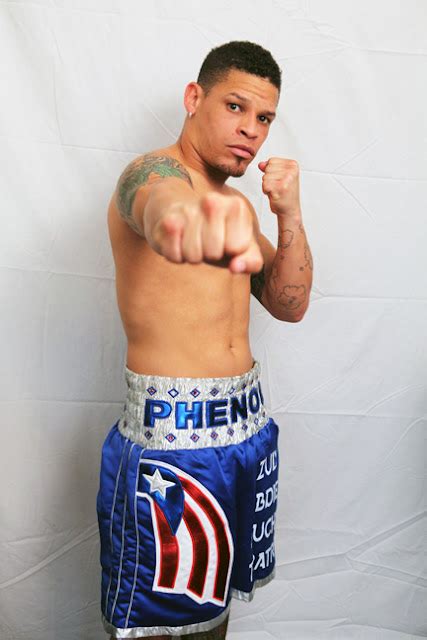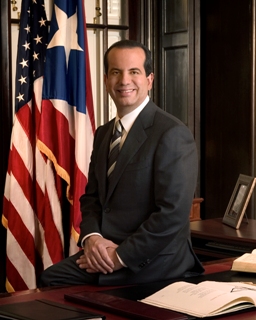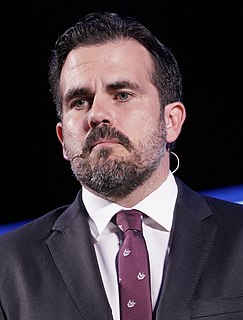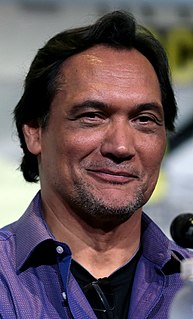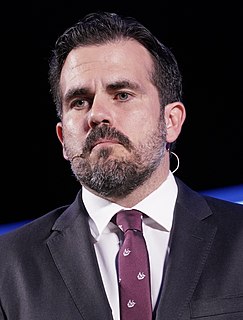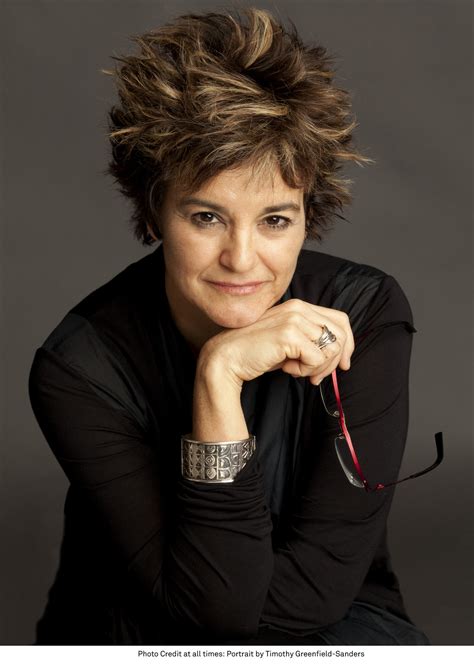A Quote by Roselyn Sanchez
I was ballet dancing at four, playing piano by six, and doing commercials by 12. When I was 21, I was on the number one live comedy show in Puerto Rico. I told my parents, 'I'm going to New York to become a performer.' And I left.
Related Quotes
I am surprised at the number of Puerto Ricans that are moving out of Puerto Rico still. I thought that, by now, the immigration of Puerto Ricans had decreased a little bit. But, no, with a hurricane, it has increased even more. So, I see the financial institutions, especially the hedge funds, moving into Puerto Rico with all the - with all the force, knowing that their investments towards the future are going to be multiplied or probably elevated to quantities beyond any notion of how capital works.
Four years ago, I was fighting for the world championship title in Puerto Rico. The spectators bad-mouthed me; they called me a faggot. They told my opponent to pluck my feathers. In Puerto Rico, when you talk disparagingly about a gay man, you call him a duck. That's when I realized that something had to change.
Puerto Ricans are U.S. citizens, but by their own choice, Puerto Rico is not a state. The relationship has worked well for Puerto Rico - which has strengthened its culture, language and economy - and for the United States, which has helped create in Puerto Rico a showcase of democracy and prosperity for all of Latin America.
I believe that the overwhelming majority of Puerto Rico wants to be Puerto Ricans. I have been in five different states in the United States, and I have found young Puerto Ricans in the states who really love Puerto Rico, who really want to do something for Puerto Rico. And for me, Puerto Rico has to be the promised land of all Puerto Ricans, whether we are in the United States or wherever we are at. But this has to be the promised land. Annexation will never be the answer.
The truth of the matter is that we are being very aggressive, so that we can lay the foundations for investors to come to Puerto Rico, for jobs to be created, and for opportunities to ensue. And our objective, again, is for Puerto Rico, for the people of Puerto Rico who want to stay here, for them to have the opportunity to stay here.
The Documents Project has actively collected documentation on both island-based Puerto Rican art as well as Nuyorican art in the United States through partnerships and researchers ceded at the University of Puerto Rico's museum in San Juan and Hunter College's Center for Puerto Rican Studies in New York City, respectively.
